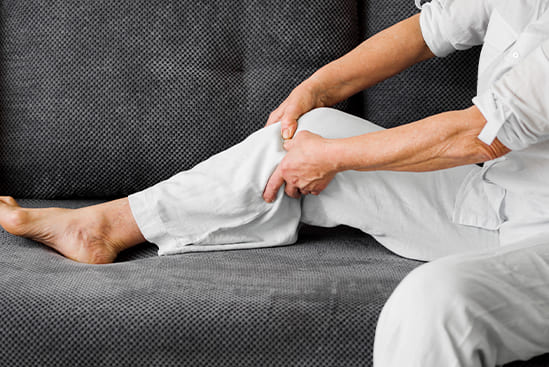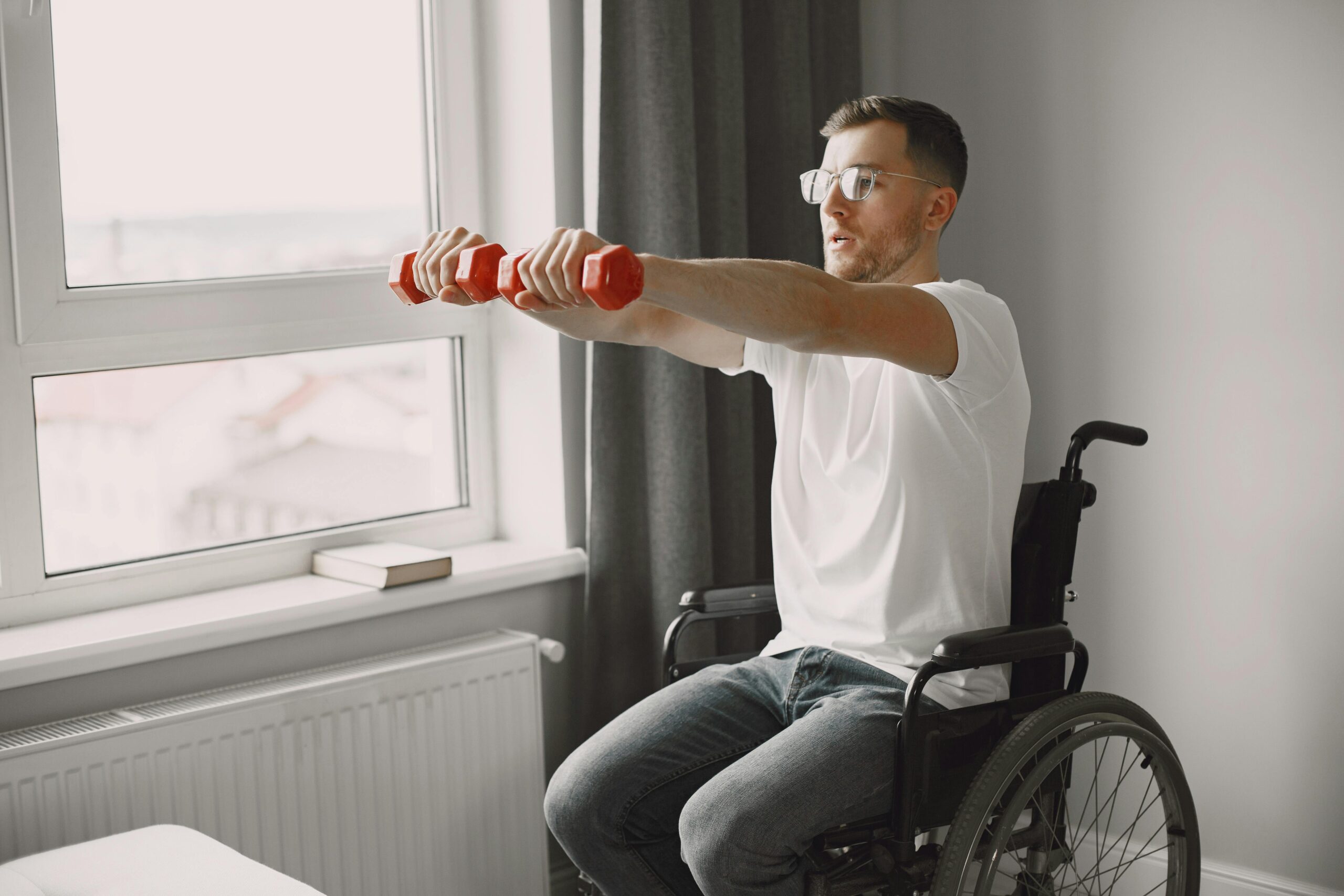

Introduction
Back and neck pain are among the most common complaints affecting people in today’s fast-paced, desk-bound lifestyles. Whether it’s from prolonged sitting, poor posture, or a sports-related injury, these issues can significantly disrupt daily life. If you’re searching for expert care, Synapse physiotherapy in Kuala Lumpur offers a highly effective solution to manage and resolve musculoskeletal discomfort. In Kuala Lumpur, physiotherapy clinics like Synapse Physiotherapy are at the forefront of evidence-based care, helping patients not only relieve pain but also restore function and prevent future issues.
Synapse Physiotherapy in Kuala Lumpur is tailored to your individual needs, whether you’re dealing with chronic neck tension from work stress or acute back pain from a slipped disc. The right physiotherapist will perform a detailed assessment to uncover the root cause of your pain and develop a personalised treatment plan. Techniques may include manual therapy, targeted exercises, posture correction, electrotherapy, dry needling, and ergonomic advice. With ongoing guidance and professional support, you can regain mobility and improve your quality of life naturally, without the need for surgery or long-term medication.
Here’s how Kuala Lumpur physiotherapy can help you take control of your back and neck health starting today.
Common Causes of Back & Neck Pain
Back and neck pain can arise from various sources. The most common culprits include:
- Poor posture: Extended hours at a computer or looking down at a smartphone strain the cervical spine and lumbar region.
- Muscle imbalances: Weak core or back muscles can lead to overcompensation and pain.
- Disc issues: Bulging or herniated discs can compress nearby nerves, causing radiating pain or numbness.
- Injuries: Accidents, sports injuries, or improper lifting techniques often result in acute back or neck pain.
- Stress and tension: Emotional stress can lead to muscle tightness, especially around the shoulders and neck.
Regardless of the cause, timely intervention with physiotherapy in Kuala Lumpur can speed up recovery and prevent the issue from worsening.
How Physiotherapy in Kuala Lumpur Helps
Comprehensive Assessment
Your physiotherapist will begin with a thorough evaluation, including your medical history, posture analysis, range of motion tests, and functional movements. They may also assess your workplace ergonomics or sleeping habits.
Personalised Treatment Plan
Once the underlying cause is identified, a structured and personalised plan is created. This may include:
- Manual therapy: Hands-on techniques to mobilise joints and release muscle tension.
- Corrective exercises: Specific stretches and strengthening routines to target weak or tight muscles.
- Postural retraining: Techniques and education to improve sitting, standing, and movement habits.
- Dry needling or cupping: To release trigger points and improve blood flow.
- Electrotherapy or ultrasound: To reduce inflammation and stimulate healing.
Each session is adjusted based on your response and progress, ensuring optimal outcomes.
Long-Term Benefits of Physiotherapy
With consistent treatment, patients experience the following long-term benefits:
- Reduced pain and stiffness
- Improved posture and spinal alignment
- Increased strength and flexibility
- Fewer flare-ups or recurrences
- Decreased reliance on medication
- Better overall function and quality of life
Moreover, many physiotherapy Kuala Lumpur clinics also educate patients on lifestyle changes to support long-term recovery, such as proper desk ergonomics, regular movement, and stress management techniques.
Choosing the Right Physiotherapy Clinic in Kuala Lumpur
✅ Qualified & Experienced Team
Ensure that the physiotherapists are licensed and have experience treating spinal issues. Clinics like Synapse Physiotherapy have dedicated professionals with specialised training in musculoskeletal and spinal rehabilitation.
✅ Evidence-Based Approach
Modern physiotherapy relies on scientific research and proven techniques. Ask whether the clinic uses updated methods and equipment.
✅ One-on-One Treatment
Personalised attention matters. Choose a clinic that provides hands-on care rather than relying solely on machines or group sessions.
✅ Convenient Location & Hours
Physiotherapy requires consistency. Select a clinic that’s easily accessible from your home or office in Kuala Lumpur and offers flexible appointment times.
Synapse Physiotherapy: Your Back & Neck Pain Partner
At Synapse Physiotherapy, we take pride in offering personalised, professional, and proven care for all types of back and neck pain. With several locations across the Klang Valley, including Damansara Heights, we make it easy for patients in Kuala Lumpur to access expert physiotherapy services.
Our team uses a multidisciplinary approach, combining manual therapy, movement science, pain education, and clinical exercises to help you return to your daily life stronger than before. Whether you’re recovering from an acute injury or managing chronic stiffness, we’re here to support you at every stage.
Patients trust us not only for results but also for the genuine care we bring into every session.
Tips to Prevent Back & Neck Pain
Alongside physiotherapy, lifestyle modifications are key to preventing pain recurrence. Here are some practical tips:
- Practice good posture: Keep screens at eye level, sit upright, and avoid slouching.
- Take frequent breaks: Stand up and stretch every 30–60 minutes during work.
- Strengthen your core: A strong core provides support to your spine.
- Sleep well: Use a supportive pillow and mattress that keep your spine aligned.
- Stay active: Regular movement reduces stiffness and promotes spinal health.
When to See a Physiotherapist
Don’t wait for your pain to worsen. Book an appointment with a physiotherapist in Kuala Lumpur if you notice:
- Persistent back or neck pain lasting more than a few days
- Pain that radiates down your arms or legs
- Numbness or tingling sensations
- Difficulty moving your head or back fully
- Headaches that seem related to neck tension
- Recurring discomfort after long hours of sitting or driving
Early treatment helps prevent chronic pain and more complex issues down the line.
Frequently Asked Questions (FAQs)
1. How soon should I start physiotherapy after back or neck pain begins?
It’s best to start physiotherapy as soon as possible. Early intervention promotes quicker recovery and helps prevent the pain from becoming chronic.
2. How many sessions will I need for neck or back pain?
The number of sessions varies based on the severity and cause of your condition. Your physiotherapist will guide you with a personalised plan after assessment.
3. Can physiotherapy help if I’ve had pain for years?
Yes, physiotherapy can benefit both acute and chronic conditions. Long-standing issues often require a progressive, tailored program to restore function and reduce pain.
4. Do I need a referral to see a physiotherapist in Kuala Lumpur?
No referral is needed. You can book directly with a physiotherapy Kuala Lumpur clinic like Synapse Physiotherapy.
5. Will exercises be a part of my treatment?
Yes, most treatment plans involve corrective exercises to strengthen muscles, improve posture, and support long-term recovery.
Take Control of Your Spine Health Today
If back or neck pain is disrupting your life, help is just around the corner. With expert physiotherapy Kuala Lumpur services, you can recover safely, effectively, and naturally.
Clinics like Synapse Physiotherapy are committed to helping you move better, feel better, and live pain-free. Book your session today and begin your journey to a stronger, healthier spine.
Tags :

Back & Neck Pain
- Spine & Core Rehabilitation
- Strength & Conditioning Programme
- Pain Management
- Biomechanical Assessment
- Sports Physiotherapy
- Group Class

Sports Injuries
- Strength & Conditioning Programme
- Pain Management
- Biomechanical Assessment
- Sports Physiotherapy
- Shockwave Therapy
- Group Class

Work Desk Injuries

Pre-Post-Surgical Conditions

Scoliosis & Postural Abnormalities

Neurological Conditions

Osteoarthritis & Rheumatism
Joint degeneration and inflammation happens as the human body grows older, but that does not mean our way of life degenerates as well. Relief your joint pains with a joint effort together with your physiotherapist, who will provide pain-relief treatments and prescribe exercises for your wellbeing.

Conditions Relating To Elderly
Common conditions in the older age population include hips & knee pain, back & neck pain, osteoarthritis, rheumatism, fear of falling and many more. Aging and degeneration of bodily function is inevitable, but here at Synapse, we will help you live the best of your life.










